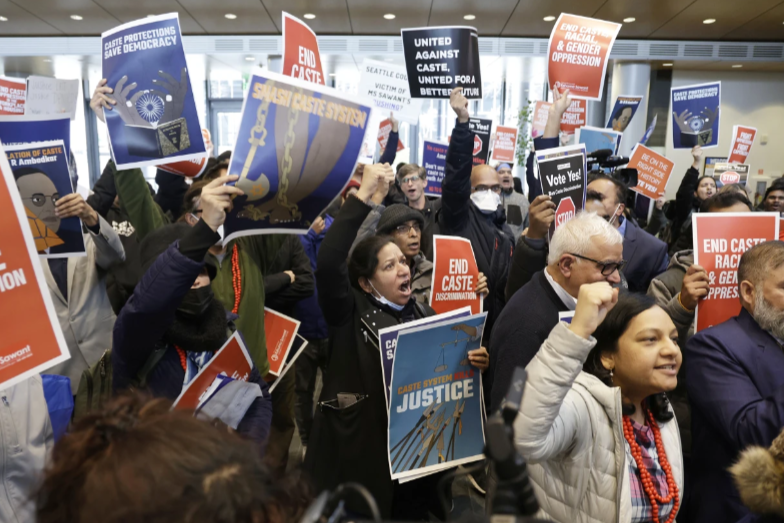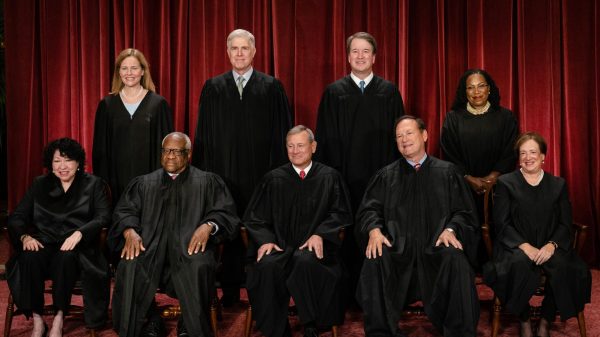Seattle becomes first city to ban caste discrimination
Kshama Sawant was 6 years-old when she heard her grandfather call their Dalit (lower-caste) housemaid a slur. Today, 44 years later, Sawant is a Seattle City Council member who advocates for adding caste to the city’s anti-discrimination laws.
In Hinduism, the caste system is the belief that one’s status at birth ties one to purity.
India’s caste system dates back to 3,000 years ago. It’s a social hierarchical system consisting of four categories with Brahmins (priests) at the top, Kshatriyas (rulers/warriors), Vaishyas (farmers), and Dalits (laborers) at the bottom.
Dalits are the most impacted by this law. Most often they are targeted for caste-based violence. They are also known as ‘The Untouchables.’
“Caste discrimination doesn’t only take place in other countries,” said Sawant. “It is faced by South Asian Americans and other immigrant working people in their workplaces in Seattle and in cities around the country,” she said.
Seattle became the first city to approve the ordinance (6-1) that prevents the unfair treatment of Dalits on Feb. 21, 2023.
When Sawant proposed this bill, she received much support.
An anonymous 39-year-old immigrant from India who is a tech worker in Seattle experienced this sort of discrimination when his Indian manager asked him, “Do you eat meat?” Since most Brahmins are vegetarians, answering this question could give away his caste.
“That question triggered me immediately,” said the anonymous tech worker. “I know the pattern.”
After answering the question, his manager started giving him less important projects, reduced his breaks, and refused to let him attend his brother’s wedding.
Many others shared similar stories at a Seattle City Council meeting last week.
There are anti-discrimination groups like Equality Labs, whose mission is to “empower communities in long-standing systems of oppression.”
Such groups help abolish the caste system across Indian communities in the United States.
Considering that the United States is the second most popular country for Indians abroad, this law could change the lives of many across Seattle and hopefully soon across the country.






